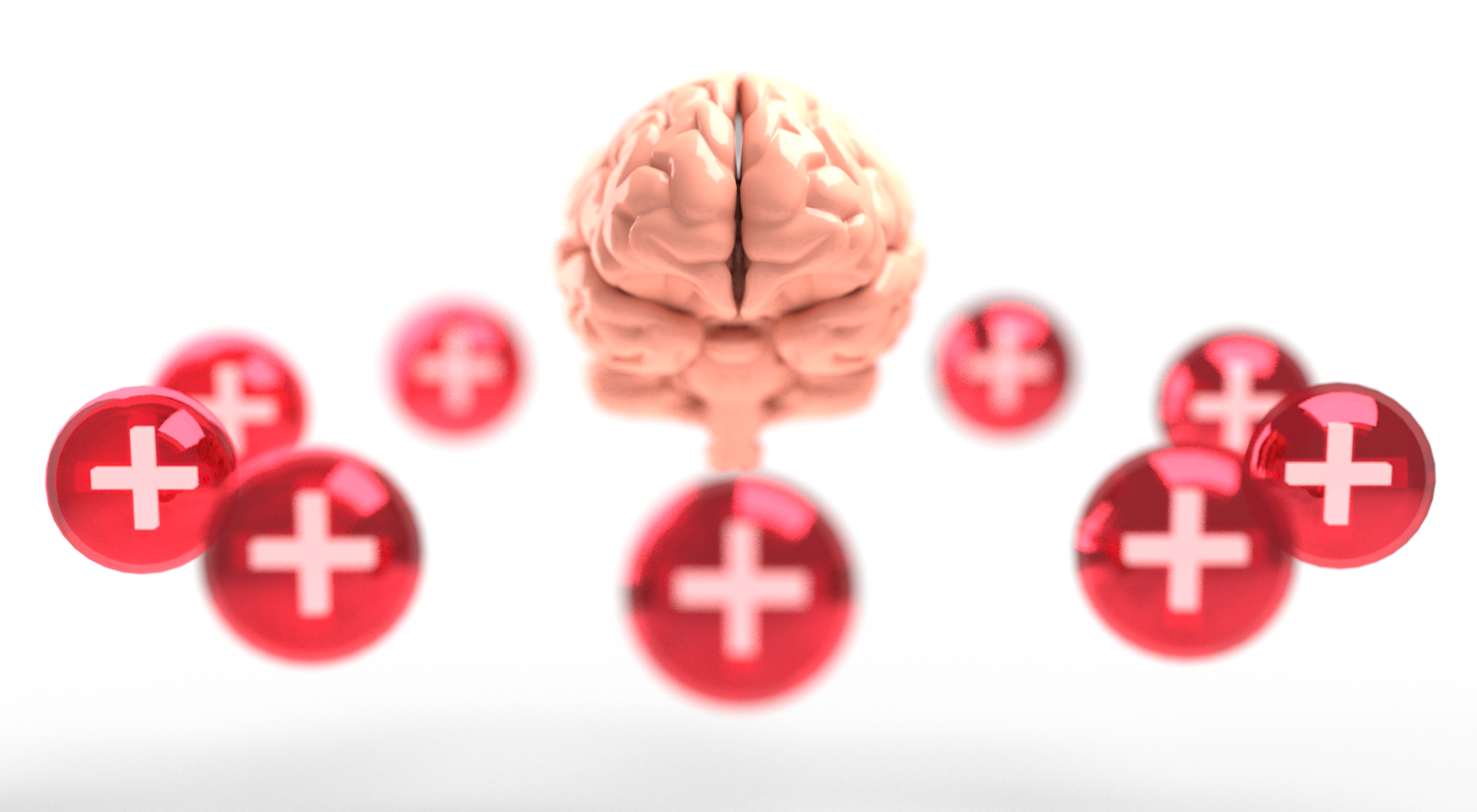In the realm of treating substance abuse and mental health, understanding the management of dual diagnosis and co-occurring disorders is critical. In this article, we delve into the intricate world of dual diagnosis. We want to help to demystify this concept and shed light on its relevance in the journey to recovery.
Understanding the Concept of Dual Diagnosis
The term “dual diagnosis” refers to the coexistence of a mental health disorder and a substance use disorder in an individual. This condition is also known as a co-occurring disorder. The two disorders interact, often reinforcing each other, making treatment more complex than addressing either disorder in isolation.
According to the Substance Abuse and Mental Health Services Administration (SAMHSA), nearly half of those with a mental health disorder will also experience a substance use disorder at some point, and vice versa. This statistic underscores the prevalence and significance of dual diagnosis.
The Intricate Interplay Between Mental Health and Substance Abuse
Dual diagnosis presents a unique set of challenges due to the interplay between mental health issues and substance abuse. Both disorders have distinct symptoms that can interfere with an individual’s ability to:
- Function
- Handle life challenges
- Relate to others
When a mental health problem goes untreated, the substance abuse problem usually worsens. Conversely, when alcohol or drug abuse escalates, mental health problems typically increase. This cyclical relationship can lead to a self-perpetuating cycle that exacerbates both disorders.
For instance, a person struggling with anxiety may use drugs or alcohol to alleviate their stress and worry. However, substance abuse can lead to increased feelings of anxiety as the effects of the substance wear off, or as the person grapples with the consequences of addiction, such as relationship issues or legal troubles. As a result, the person may turn to substances even more, creating a vicious cycle of escalating anxiety and substance use.
The Diagnosis of Dual Diagnosis
Identifying a dual diagnosis requires a comprehensive evaluation by a healthcare provider or a mental health professional. This assessment typically includes an evaluation of the person’s mental health history, physical health, substance use patterns, and personal history.
The Diagnostic and Statistical Manual of Mental Disorders (DSM-5), published by the American Psychiatric Association, provides standardized criteria for diagnosing mental health disorders and substance use disorders. A diagnosis of dual diagnosis is made when an individual meets the DSM-5 criteria for both a mental health disorder and a substance use disorder.
It’s important to note that the presence of dual diagnosis can vary in severity. For instance, one person may have a severe mental health disorder and a mild substance use disorder, while another person may have the opposite. The severity of both conditions can also change over time, highlighting the need for ongoing treatment and monitoring.
The Complexity of Dual Diagnosis Treatment
Given the intertwined nature of the disorders in dual diagnosis, effective treatment requires a comprehensive, integrated approach. This involves treating both disorders simultaneously, within the same program, and by the same treatment team. Addressing one disorder without treating the other is typically not effective in the long term and can lead to relapse.
Integrated treatment for dual diagnosis often involves a combination of therapies and interventions, including:
- Psychotherapy
- Medication
- Peer support
- Lifestyle modifications
For example, professionals commonly use cognitive-behavioral therapy (CBT) in dual diagnosis treatment to help individuals understand the relationship between their thoughts, feelings, and behaviors.
Medications can also play a crucial role in the treatment of dual diagnosis. For instance, medications might be used to help manage symptoms of a mental health disorder or to assist with the detoxification and withdrawal process from drugs and alcohol. However, medications should always be used as part of a broader, holistic treatment approach that also includes psychotherapy, peer support, and lifestyle modifications.
Dual Diagnosis Treatment at Landmark Recovery
At Landmark Recovery, we understand the intricacies of dual diagnosis and the necessity for a comprehensive and integrated approach to treatment. Our multidisciplinary team of psychiatrists, psychologists, addiction specialists, and support staff works closely to devise an individualized treatment plan that simultaneously addresses both mental health and substance use disorders.
Call For Recovery Support
Understanding dual diagnosis is critical in the realm of addiction treatment. While this condition presents unique challenges, it’s essential to remember that recovery is possible. With the right treatment approach, ongoing support, and the individual’s commitment, a person with a dual diagnosis can achieve a fulfilling, healthier life. One that’s free from the confines of mental health and substance use disorders.
At Landmark Recovery, we are committed to supporting individuals on this journey and helping them reclaim their lives. If you or someone you care about is struggling with substance abuse and mental health, call 888-448-0302 to talk to a confidential admissions specialist. They’re available 24/7 to answer questions about therapy, verify your insurance coverage, and help you find the closest rehab facility.

Choose Recovery Over Addiction
We're here 24/7 to help you get the care you need to live life on your terms, without drugs or alcohol. Talk to our recovery specialists today and learn about our integrated treatment programs.




